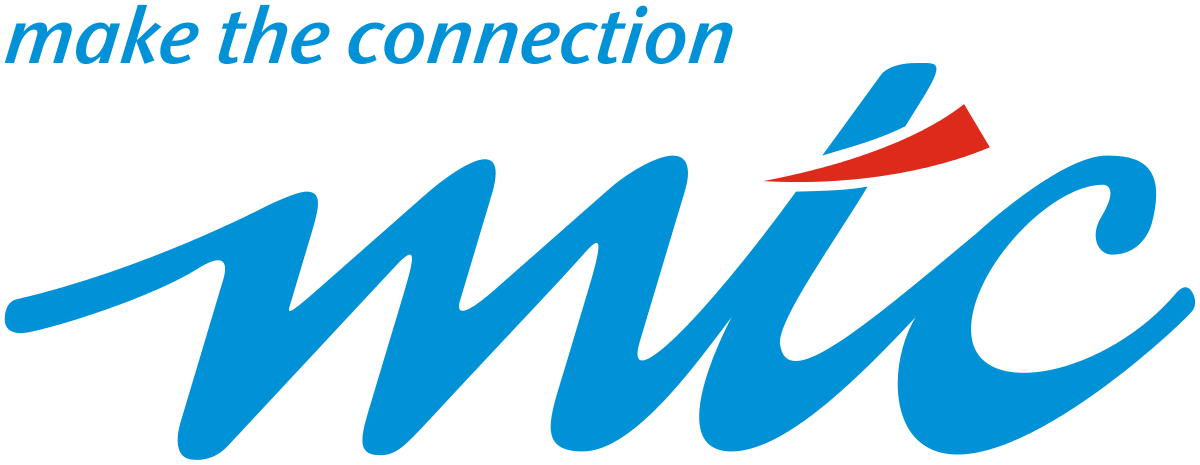Technical debt is a lot like credit card debt. Quick purchases on credit feel great in the moment, but when the bill comes due and interest is added, debt begins to snowball. The same is true of the technical debt that results when IT teams implement quick fixes. A hodgepodge of applications stranded on aging and out-of-date infrastructure becomes unmanageable. MTC Namibia is tackling technical debt and preparing for growth by moving operational and business support systems (OSS/BSS) to the cloud. Although it’s difficult for MTC to quantify the amount of technical debt it had accumulated, the company notes that it was clearly spending more and more time on increasing hardware requirements and adapting systems to meet new demands from the business. It wasn’t a sustainable approach. MTC began its transformation in 2019 and in 2021 finished the first phase of moving OSS to the cloud. The company has taken a greenfield approach, working with supplier Alvatross to completely replace aging service order management and service activation systems. Today the applications are deployed in the MTC cloud.
As part of its transformation, MTC wanted to reduce the amount of hardware required for OSS. Escalation of resources such as memory, machines, software licenses and processors made it difficult and expensive to support a growing business. In addition, some legacy systems were operating in silos, which resulted in data inconsistencies. As a result, a lot of manual processes were needed for sales channels, in the contact center and in operations.
Alvatross has used a microservices architecture to develop a catalog-driven, digital OSS platform capable of intelligent provisioning. The solution was built from the ground up using the TM Forum Open Digital Architecture (ODA) and Open APIs. Using this approach to automate the order-to-payment process, MTC is able to innovate quickly and reduce time-to-market. And although customers are not placing orders using self-service capabilities yet, this is planned for the next phases of the transformation.
The results of MTC’s transformation are impressive. Catalog-driven orchestration and the use of a common language via the Open APIs has dramatically reduced the time it takes the operator to sign new contracts with customers. While it used to take about a week, now it only takes 10 minutes.
Similarly, creating new services takes a day instead of a month. In the past, MTC had to coordinate among multiple systems to create new offers. Now everything is configurable using Open APIs.


